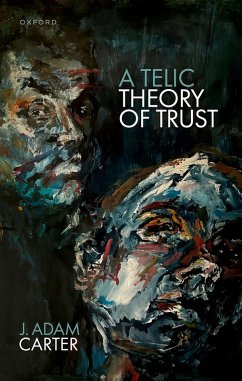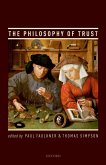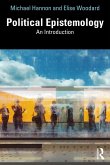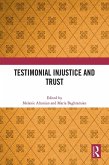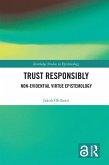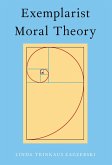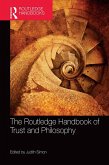What is it to trust well? How do we do it? If we think of trust as a kind of aimed performance, capable of not only success but also of competence and aptness, our understanding of what it is to trust well can be put on an entirely new footing. A Telic Theory of Trust takes up this project, and in doing so, makes use of the core 'trust as performance' idea, developed and refined in substantive detail, in the service of explaining a range of philosophically important questions: the nature and varieties of trust, the evaluative norms that govern good trusting and distrusting (both implicit and deliberative), how trust relates to vulnerability, risk, negligence, and monitoring, as well as to trustworthiness and, more generally, to our practices of cooperation. The result, a telic theory of trust, opens up new conceptual possibilities and a research agenda in the philosophy of trust that is methodologically in the spirit of virtue epistemology, but which takes on its own distinctive shape.
Dieser Download kann aus rechtlichen Gründen nur mit Rechnungsadresse in A, B, BG, CY, CZ, D, DK, EW, E, FIN, F, GR, HR, H, IRL, I, LT, L, LR, M, NL, PL, P, R, S, SLO, SK ausgeliefert werden.
Hinweis: Dieser Artikel kann nur an eine deutsche Lieferadresse ausgeliefert werden.

